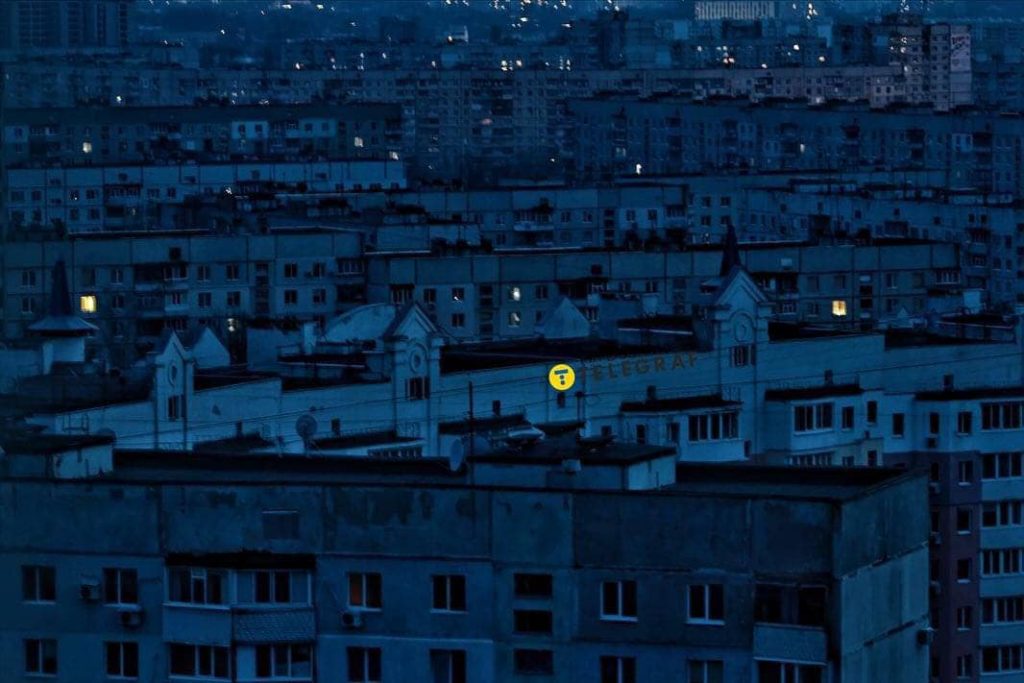Ukrainian partisans near Yekaterinburg cut all Russia’s strategic supply lines 2,087 km from frontlines

The Ukrainian partisan movement “ATESH” dealt a major blow to the Russian army’s rear lines. The underground group has carried out sabotage on a railway near Yekaterinburg, roughly 2,087 km from Ukraine, completely paralyzing the movement of trains along Russia’s strategic routes.
The “ATESH” movement operates in temporarily occupied territories of Ukraine and also Russia. It was founded in 2022 in response to Russia’s all-out war. Crimean Tatars, Ukrainians, and even Russians who were mobilized into the Russian army but now work for Ukraine are involved in the group, providing intelligence on enemy positions, depots, equipment, and personnel.
This hub supplied ammunition, armored vehicles, fuel, and personnel to the frontlines, factories, and depots in the north and east.
“Now, military depots are idle, dealing a blow to the Russian rear logistics,” says the group.
Strikes at the heart of Russia’s war machine
“Our agent sabotaged the railway near Yekaterinburg by damaging relay equipment. This disrupted train traffic across all strategic directions,” the movement reports.
Scope of destruction in the Ukrainian infrastructure
At the same time, Russia’s war against Ukraine has damaged or destroyed nearly 11,000 km of railway tracks and over 43 stations.
As of 2025, the direct infrastructure losses in Ukraine are estimated at around $170 billion, with transportation alone accounting for roughly $38.5 billion.
